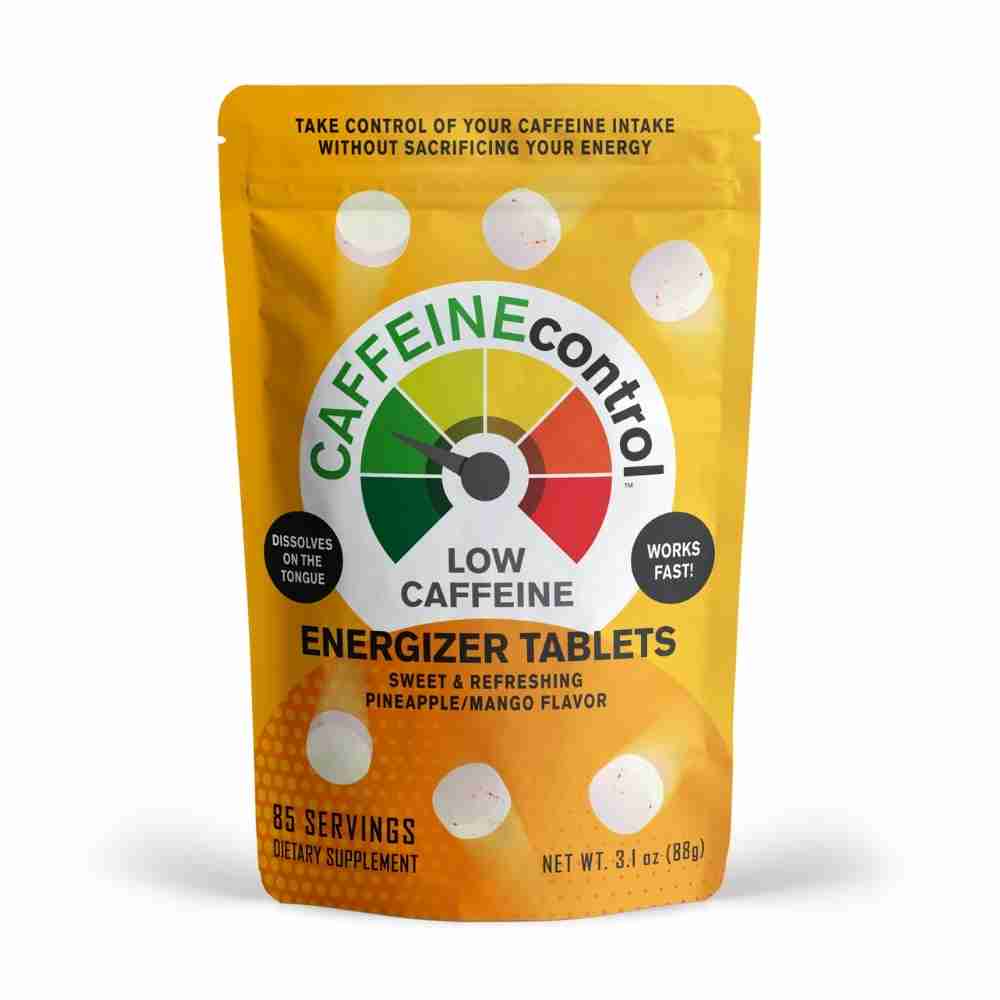
Caffeine isn’t just in coffee. It’s hidden everywhere.
Green tea has become popular as a healthy alternative to coffee that gives you energy and seems more natural. It is derived from the leaves of the Camellia sinensis plant. Unlike black tea, which is allowed to oxidize during the production process, turning the leaves black, green tea is produced by heating the leaves (by steaming or pan-firing them). This preserves the green color of the leaf and imparting a unique flavor and aroma.
Green tea is often promoted as a healthy beverage with potential benefits including protection against cancer. But it also claims to benefit digestion, lower cholesterol and lower risk of heart disease as well as boost the immune system. While not all the claims can be proven, the media buzz is everywhere and there are suddenly green tea products on every market shelf being purchased by customers happy with their results.
Does green tea have any side effects?
Green tea is consumed primarily as a beverage. Tea, including both green and other types (black, oolong, white, etc.) is generally recognized as safe by the U.S. Food and Drug Administration although it would still be encouraged by be consumed at levels that do not give you more than 400mg of caffeine a day.
An 8 oz cup of green tea has about 28mg of caffeine. While an 8oz cup of black tea would be about 47mg of caffeine. This compares favorably to a cup of coffee which averages 91mg of caffeine.
Caffeine in green tea can also vary depending on how long you brew it. The longer you brew, the stronger the cup, and the more caffeine you will transfer into your drink.

Side effects of Caffeine:
Caffeine is known to have a number of side effects, especially when large doses are involved. The FDA recommends consuming no more than 400mg of caffeine daily in order to avoid side effects such as insomnia, nervousness, restlessness, irritability, headaches, and anxiety. There are a variety of conditions that can develop with high levels of caffeine including caffeine toxicity and death. While rare, it does happen.
Given the lower levels of caffeine in green tea than in energy drinks of coffee, it would be unlikely you would consume over 400mg of caffeine from green tea as your only source.
It’s also worth noting that caffeine in a diuretic so you would be spending an extreme amount of time in the bathroom if you were to consume green tea at dangerous levels. However, if you are sensitive to caffeine, it is possible to experience negative reactions because the caffeine content is not insignificant and you might experience a jittery feeling from just one cup.
Other Side Effects of Green Tea:
Green tea requires a different brewing method that the more familiar black tea (Lipton, Earl Grey, Irish Breakfast teas). And side effects would be related to this difference. When brewed improperly the result could be an acidic, astringent, or unpleasant aroma. Drinking this, while it won’t harm you, could lead to acid reflux (heartburn) and an upset stomach.
Proper Brewing of Green Tea:
Most green tea is best brewed with water that is below boiling point (160-180 degrees Fahrenheit). Using water that is too hot will result in a cup that is too acidic, astringent, or just plain unappealing.
Reducing Caffeine Can Be Easy
Cut back on caffeine without caffeine withdrawal or brain fog.
Faster and easier than anything you tried before.
Learn more at https://caffeinecontrol.com

Quitting caffeine does not have to mean suffering through headaches, feeling irritable, or moody.
It doesn’t even have to mean giving up coffee!
We’ve taken a more effective approach to energy: a sweet low caffeine candy that dissolves on the tongue that skips digestion, so caffeine works 10x faster than coffee, energy drinks, or even caffeine pills. By delivering a microdose of caffeine super fast, CAFFEINEcontrol lets you reduce caffeine while getting the improved energy and focus you need to get things done. You can quickly and easily kick caffeine addiction to the curb — without caffeine withdrawal!